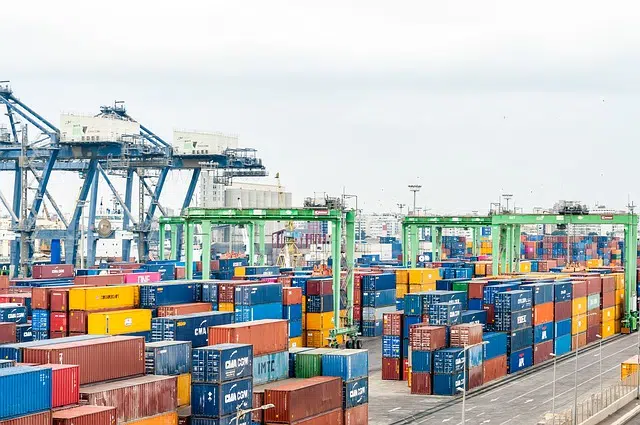
Logistics is the link that allows production to be linked to the market.
From the English logistics , logistics is the set of means and methods that allow the organization of a company or a service to be carried out. Business logistics implies a certain order in the processes that involve the production and marketing of goods .
It is said, therefore, that logistics is the bridge or link between production and the market . Physical distance and time separate the productive activity from the point of sale: logistics is responsible for uniting production and the market through its techniques.
In companies, logistics involves planning and resource management tasks . Its function is to efficiently implement and control materials and products, from the point of origin to consumption, with the intention of satisfying consumer needs at the lowest possible cost.
Origin of logistics
The origin of logistics is found in the military field, where the organization tended to attend to the movement and maintenance of troops in the field. In times of war , efficiency in storing and transporting items is vital. Otherwise, soldiers may suffer from a lack of means to face the harshness of combat.
From these experiences, business logistics was in charge of studying how to place goods and services in the appropriate place, at the right time and under the right conditions. This allows companies to meet the requirements of their customers and obtain the highest possible profitability.
Logistics specialists rely on various tricks that help them achieve the best possible results, and there are companies that are dedicated to advising others on this particular aspect. If we take a warehouse as a reference, we can study some of the most common tips to improve logistics. First of all is the choice of strategy, which must be adapted to specific needs: an ideal one for an order volume of less than one hundred can be detrimental if this number exceeds a thousand, for example.

Order is essential in logistics.
Classification according to type
Taking the volume of orders as a parameter, we enter into a logistics classification in which we can recognize the following types:
* small : around fifty orders a day, for which a 500 square meter warehouse and five employees are enough;
* structured : the number of orders per day exceeds fifty. The number of employees and their specialization must be greater, so that the rigor of their work increases;
* industrialized : a minimum of one thousand orders per day, a volume that requires automation through computer programs.
One of the most common practices in today's market is outsourcing to third parties to perform certain specific tasks . Well, logistics also contemplates this strategy. Although its cost is higher than that of an internal organization, it is more practical because the main company does not have to make any changes to its workforce, such as expanding or training.
Logistics optimization
On the difficult path of logistics optimization , the quality of the work environment stands out. This aspect must be given maximum care so that the distribution of the products is optimal. Among the most frequent pieces of advice is limiting unnecessary movement and the transportation of heavy loads, relying on good organization in the shelves and the use of machines that prevent employees from the most risky physical efforts.
Without a doubt, order is another of the pillars of good logistics. In this context, it is ideal to number the products, design routes to reach each of them and clearly delimit the work and storage areas.
